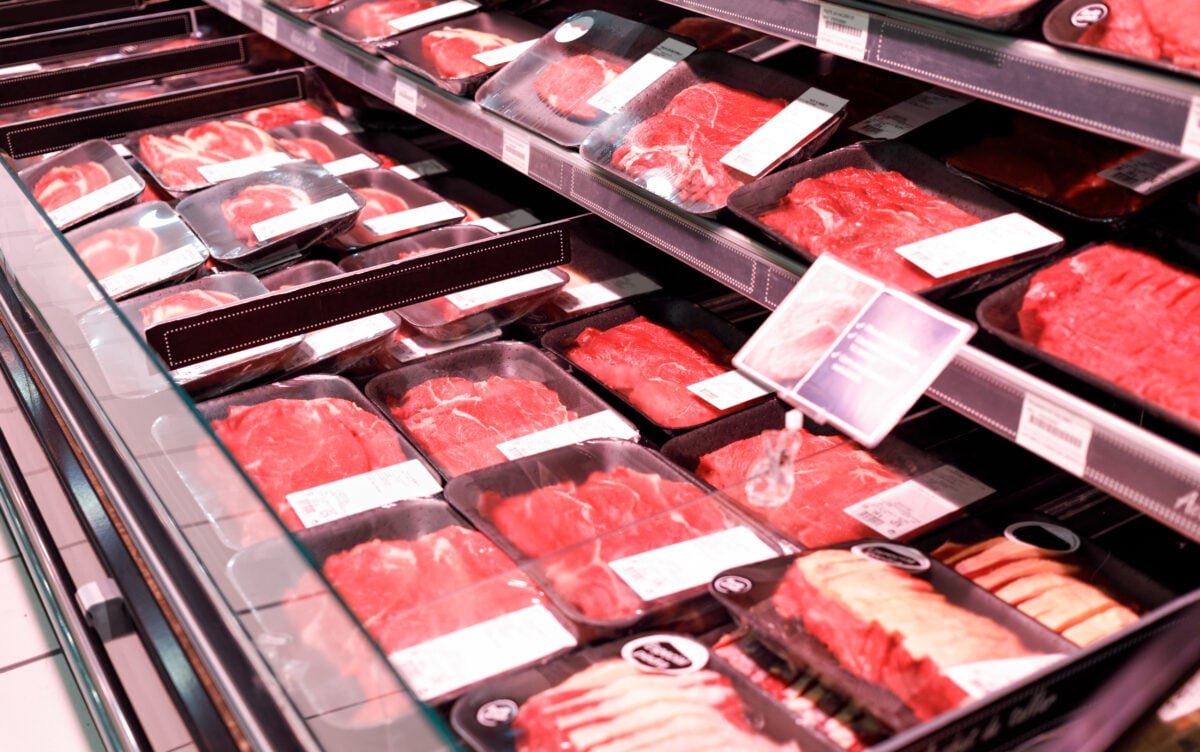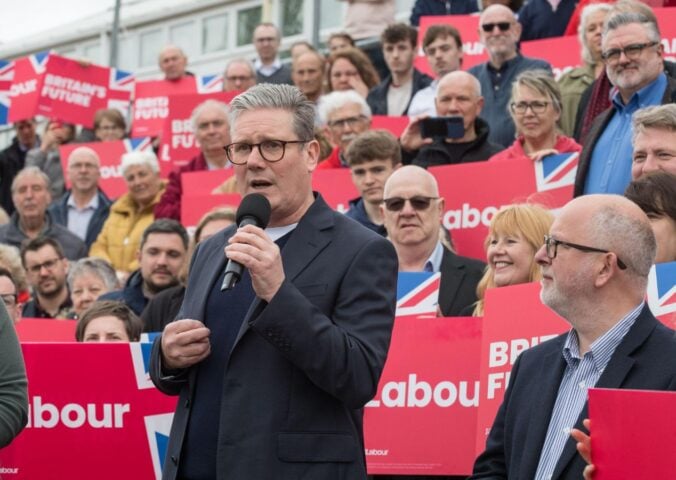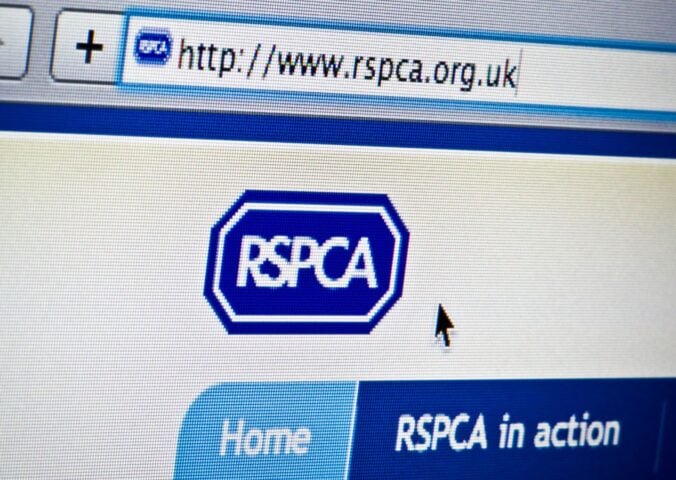Dale Vince, founder of green energy company Ecotricity, has said “it makes sense” to tax meat to help people adopt more plant-based diets.
Read more: EU Making Animal Diets ‘Artificially Cheap’ With Subsidies, Report Finds
Vince appeared on The Sun’s Never Mind The Ballots show, where he said eating less meat is part of the transition to net-zero emissions. “Red meat is the most destructive form of meat that we have available to us in terms of human health and planetary impact,” he said. “And so it makes sense to put a tax on that to steer people’s behaviour. That’s how taxes work, it has worked before.”
Vince, who owns vegan football team Forest Green Rovers, is not the only high-profile vegan to have called for politicians to consider taxing meat. Ella Mills, owner of plant-based food brand Deliciously Ella, said in January that a meat tax “should be on the table.” In 2021, Beyond Meat’s CEO Ethan Brown said “that type of taxation scheme is interesting to me” but economists would have to work out the details.
What is a meat tax?

A meat tax is the same as any other kind of tax on things you can buy. It’s a tax added to meat products that makes them more expensive and raises money to be spent on public services. Currently, there is no tax on most food items you can buy in the supermarket.
Read more: Dutch Supermarket Jumbo To Ditch Meat Promotions
Economists think a meat tax could be a practical and fair way to reflect the environmental cost of meat. According to one study, the cost of meat in wealthy countries like the UK would need to go up in line with their impact on the environment. So beef would cost 35 to 56 percent more, chicken 25 percent more, and lamb and port 19 percent more.
The researchers suggest that raising the price of meat would “most likely encourage people to spend their money elsewhere.” Part of the revenue from a meat tax could also “finance subsidies for growing vegetables, grains and alternative proteins, or help low-income households meet their food bills on a more regular basis.”
In 2023, Prime Minister Rishi Sunak tried to whip up opposition to climate policies by promising to scrap plans for a meat tax. But such a tax had not been proposed by either the Conservatives or Labour.
Support for a meat tax
Though there is little political appetite for a meat tax, it might not be as unpopular with the public as might be supposed. A 2021 survey found that 70 percent of people in Germany, France, and the Netherlands would support a meat tax to reflect its environmental costs. Additionally, they would want to see the revenue used to subsidize the cost of fruit and vegetables.
A more recent survey of German citizens found that they were more supportive of a meat tax if it were justified by animal welfare rather than climate change mitigation. Meanwhile, a 2022 survey of US consumers revealed high support among Gen Z, with more than 60 percent of young adults saying they were in favor.
Read more: Pro-Meat Ads In UK Supermarkets Prompt ASA Complaints






